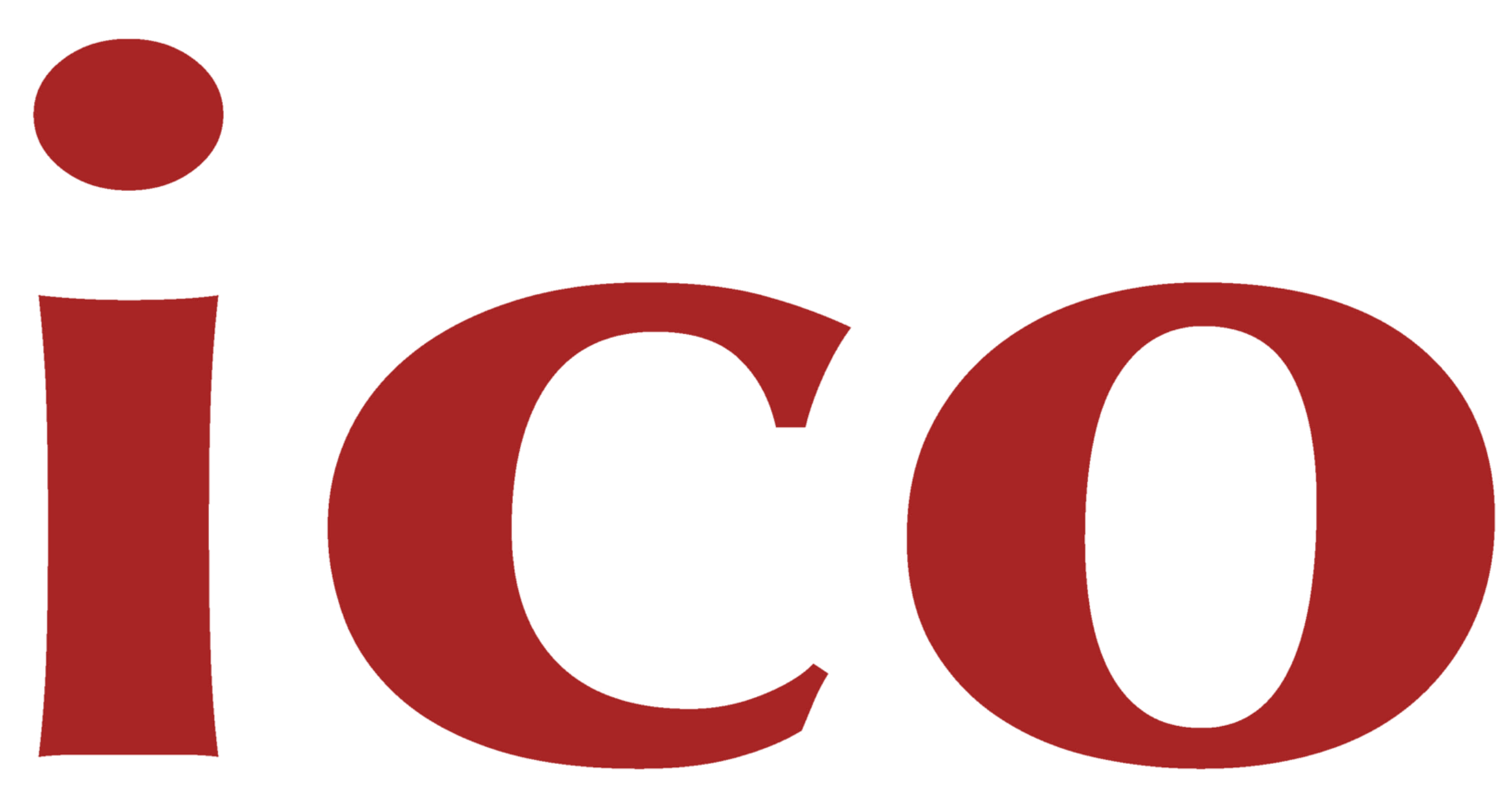24-T7 Education & Society
Theme group: SCHOOLS AND THE SOCIETAL CONTEXT OF EDUCATION
Tutors:
Hanke Korpershoek h.korpershoek@rug.nl
Eddie Denessen eddie.denessen@ru.nl
Anne van Leest a.m.c.vanleest@uu.nl
ECTS (for the full course; 1 ECTS=28 hours): 3 (84 hours)
Location: Vergadercentrum Vredenburg, Vredenburg 19 Utrecht
Concept course manual: https://ico-education.nl/wp-content/uploads/2023/10/T7-ICO-Course-Manual_Education-Society_stand-5-oktober-2023.docx
Course description
The aim of this course is to critically reflect upon the role that educational institutions have in shaping individual life and societal chances, and how various theories describe and explain this intricate relation. The focus is on meso- and macro-aspects of the educational system, therefore addressing main issues related to educational policy-making and organization both at international, national and school levels. Relevant questions are for example what educational quality means, and how excellence, equality, inclusion, and citizenship are defined and promoted. The answers to these questions depend on de socio-political context of education and may differ for learners from diverse social backgrounds (e.g. regarding gender, socioeconomic family background, ethnic/cultural background).
Themes that will be addressed include:
- theories that describe and explain the relation between education and society, particularly regarding educational excellence and educational equity, as well as regarding diversity and inclusion, and citizenship
- international comparisons on system characteristics (e.g., tracking, streaming, accessibility) and reflection on international comparative research (e.g., PISA, PIRLS)
- the role of parents, peers, teachers, media, and social-cultural norms and values in relation to societal functions of education
- key factors that promote inclusion and equal opportunities for all (e.g., multicultural teacher competences, the importance of literacy, high expectations)
The course incorporates examples relevant for research in primary, secondary, and tertiary education (incl. teacher education).
Summary of the setup of the course
A more detailed description can be given in the course manual in the chapter on the course setup:
| Date and time | Subjects + preparation (task title and/or literature to read) | Deadline | Lecturers |
| April 4th 2024 10:00-17:00 h | Quality and excellence tba | Marc Vermeulen | |
| May 16th 2024 10:00-17:00 h | Education and inequality tba | Louise Elffers | |
| May 23rd 2024 10:00-17:00 h | Inclusion, diversity and citizenship tba | tba | |
| 27 June 2024 10:00-17:00 h | Schools and the societal context of education, introduction Michael W. Apple, Stephen J. Ball, Luis Armando Gandin (2010). Mapping the sociology of education: social context, power and knowledge. The Routledge International Handbook of the Sociology of Education (pp. 1-11). | Hanke Korpershoek Anne van Leest Eddie Denessen |
Course objectives
At the end of the course:
- Students have advanced knowledge about the role that educational institutes have in shaping individual life and societal chances, particularly regarding educational excellence and educational equity;
- Students have advanced knowledge about how various theories describe and explain the relation between education and society, particularly regarding educational excellence and educational equity, as well as regarding diversity and inclusion, and citizenship;
- Students have basic knowledge about international comparisons on system characteristics (e.g., tracking, streaming, accessibility) and international comparative research (e.g., PISA, PIRLS)
- Students have insight in the nested layers of the educational structure: the macro level of policy development, the meso level of management and leadership within educational organizations, and the micro level of teaching and classroom processes;
- Students have insight in the role of parents, peers, teachers, media, and social-cultural norms and values in relation to societal functions of education;
- Students can identify key factors that promote inclusion and equal opportunities for all (e.g., multicultural teacher competences, the importance of literacy, high expectations);
- Students can demonstrate their knowledge and understanding of the course content by posing critical questions and discussing the content with their fellow students;
- Students respect cultural, individual, and role differences due to age, gender, race, ethnicity, national origin, religion, sexual orientation, disability, language, and socioeconomics in the group discussions.
Requirements/entry level
…
Suggested reading for students with limited background knowledge on educational sociology:
- Brint, S. (2017). Schools and societies (3rd edition). Stanford University Press.
- Marshall. J. (2014). Introduction to comparative and international education. Los Angeles: Sage.
